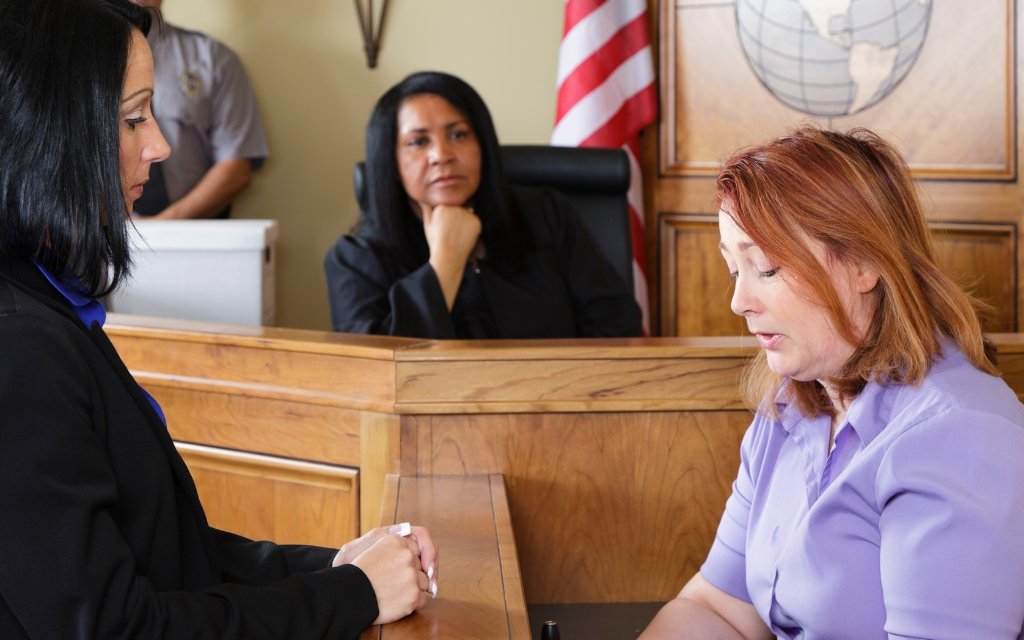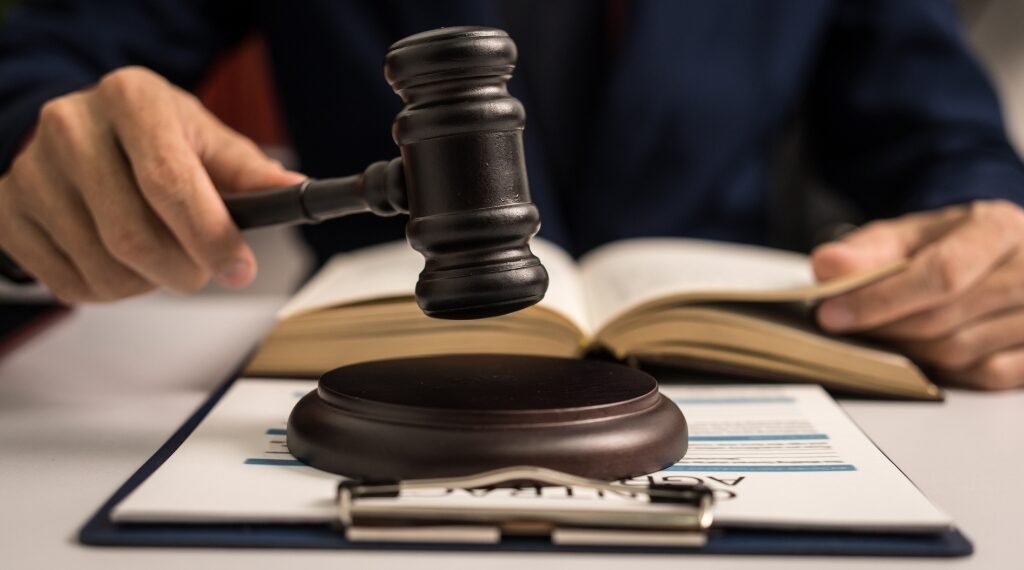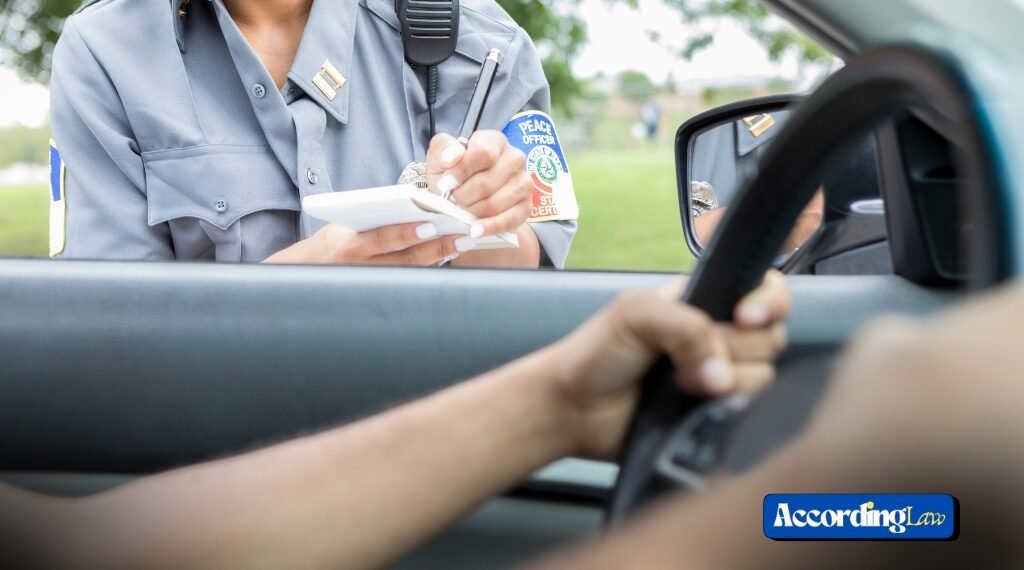Learn about what are the roles of the defense, ranging from legal systems to sports, with this comprehensive guide.
Have you ever wondered, what are the roles of the defense, sports field, and military? It is very important to have their presence in ensuring justice or, rather, protecting and upholding rights. Now, let us delve into the close-up look at the roles of the defense in court, centering on the legal duties of a defense lawyer coupled with their extensive set of responsibilities that are expected when required. On the way, I will also be sharing personal anecdotes and some relatable analogies that would make this journey not just one of information but also of entertainment.
Table of Contents
The Defense: Standing Between Accusation and Justice
Let me start with a story: one that molded my idea of what defense could mean. Years ago, one of my best friends was wrongly accused. The way his lawyer defended him, it was like a fight and an absolute thrill to watch. More than that, what it taught me was that when the stakes go high, that is where a good defense kicks in, making a fair level playing field.
What, then, are the roles and responsibilities of the defense? It is the duty of the defense, while in court, to stand in protection of the accused, ensure that their rights are enthroned, and sock the evidence brought against them by the prosecution. Yet, all that is not just about legal arguments and courtroom drama; it’s a whole lot more.
Breaking Down the Roles of the Defense in Court
Other than “defending” someone, there are a lot of responsibilities & roles of the defense in court of law. A defense attorney performs several roles; all these involve strategy, advocacy as well as expertise. Let us break this down bit by bit.
1. Plea Bargaining
Now, put yourself in this chess game at a higher level which the lawyer plays as a strategist: negotiating plea bargains. Indeed, a seasoned defense attorney would offer to deal in cases where the evidence appears strongly against his client, by convincing the prosecution to allow an attractive plea bargaining arrangement that often translates to a reduction of charges or sentences.
A strategic drug defense lawyer, for instance, might negotiate a deal that reduces a felony drug possession charge to a misdemeanor, helping the client avoid jail time and preserve future opportunities.
In my friend’s case, for example, negotiation skills on the part of the defense attorney reduced charges from felony to misdemeanor, saving his career and reputation. It is not just about “winning” the case but finding the best possible outcome for the client.
2. Presenting a Defense in Court
Every time you hear the word ‘courtroom’, you probably imagine dramatic objections and fiery speeches. Maybe Hollywood exaggerates a bit, but putting on a defense is a pretty big task: the defense attorney counters evidence brought by the prosecutor picks holes in those arguments, and weaves a tale that is reasonably believable of how the defendant is innocent.
For instance, a defense lawyer might say, “The evidence of forensics was handled incorrectly, or the testimony brought forward by such and such is unreliable.” He’s just doing his job, attempting to provide reasonable doubt–planting one seed after the other in both the judge’s mind and the members of the jury.
3. Cross-Examining Witnesses

Have you ever debated with someone to the point that your opponent starts to shake on a point? Well, that is cross-examination. One of the jobs of the defense attorney is to cross-examine any witness brought forth by the prosecution. This more often than not means asking poignant questions to show inconsistencies, biases, or ulterior motives.
I remember how, while in college, I attended part of a trial where the star witness for the prosecution was totally demolished by the incisive cross-examination conducted by the defense attorney. It was like a chess master outmaneuvering his opponent. Cross-examination can be a game-changer.
4. Counseling the Client
One of the more mundane but no less vital roles of the defense is the counseling of the client. The legal system can be quite overwhelming, and it’s the job of the defense attorney to guide the accused through every step of the way. This would involve explaining the possible consequences of a plea deal to them, preparing for court, and making sure their rights are known to them.
The defending attorney acts much like a navigator through uncharted waters, whereby one wrong move by the defendant if it were not for his modifying influence, would prove disastrous.
5. Ensuring a Fair Trial
Fundamentally, it is a defense pertaining to issues of fairness. The whole basis of legal jurisprudence rests on the premise that one is considered innocent till proven otherwise. It is the job of the defense attorney to ensure that the trial is conducted fairly, evidence is presented properly, and the judge or jury perceives the facts clearly.
The defense attorney, in my previous story, made sure the judge knew to which aspect each piece of evidence was related. That kind of dedication makes all the difference in the quest for justice.
6. Conviction Appeal
What if the defendant is found guilty? The defense’s role does not end there. One of the most crucial roles is to appeal the conviction-that is, to request a higher court to review the proceedings of the trial for errors or procedural issues. It is a line of last defense, but one that may reverse a wrongful conviction.
The Broader Impact of the Defense
It is very easy to get into the mode of thinking wherein the defense becomes “the other side” in some sort of struggle within the confines of the courtroom. Yet, beyond individual cases, the impacts they make on our world go much further than one can imagine. In challenging the prosecution for a fair trial and keeping the system in check, it is by this that the defense also works in preserving democracy and justice.
Analogous Scenario: The Defense as a Goalkeeper
To any sports enthusiast, a defense will relate to the role of the goalkeeper in soccer: he is not just somebody standing there blocking the ball but also guiding his team, analyzing opposition strategy, and saving crucial games with vital saves. In the same way, a defense attorney does not plead in court in isolation but, instead, he strategizes, advises, and shields his client on every front.
The Human Side of the Defence Attorney
The defense attorneys are made to appear cold and calculating, yet most of them are very empathetic in nature. They know very well that behind each case is a human being who has hopes, fears, and a future hanging in the balance.
It wasn’t until one day, talking with a criminal defense attorney, that she considered it a calling more than a profession: every case is an opportunity for the attorney to help fight for rights and try to make that change in somebody’s life. That is the connection with a person’s humanity that actually gives them their real powerful sense.
What are the roles and responsibilities of the defense outside a courtroom?

While we have focused on the roles of the defense in court, their responsibilities often extend outside of the courtroom. For example:
FAQs
1. What are the roles of the defense attorney in court?
Following are some of the major responsibilities an attorney has in court while defending:
These roles are important in offering a fair legal system where the accused is accorded equal opportunity to defend themselves.
2. How does the defense attorney safeguard their client’s right to a fair trial?
A defense attorney can ensure a fair trial by:
It is very important to understand what are the roles of the defense to ensure that trials remain fair. The lawyer for the defense is there to guard against partiality or misconduct during the trial.
3. What is the purpose of cross-examination of witnesses in court?
Cross-examining witnesses has a number of purposes:
This is also where cross-examination becomes such an important investigative tool for the defense attorney when determining the strength or weakness of the prosecution, where he reinforces and strengthens his view as a defender of the rights of the defendant.
4. What happens if the defendant is found guilty, and how does the defense help in that respect?
If the defendant is found guilty, a defense attorney can help:
Knowing what are the roles of the defense, even after a conviction, underlines the importance of their continued effort in fighting for the defendant’s rights and seeking justice.
Final Thoughts
So, what are the roles of the defense? At their core, defense attorneys are protectors, strategists, and advocates. They ensure that fairness is carried out in the legal system, fight for the rights of their clients, and challenge the status quo when necessary. Their work is as multifaceted as it is indispensable, from negotiating plea bargains to the cross-examination of witnesses to appealing convictions.
All this appreciation has been a journey to my understanding of the roles and responsibilities of the defense in how vital they are in making sure there is justice and equity. The next time you read about a defense attorney, remember: They are not just some other player in the courtroom; they are the ones who make the game fair.
Additional Resources
If you’re interested in diving deeper into this topic, here are some excellent resources:


